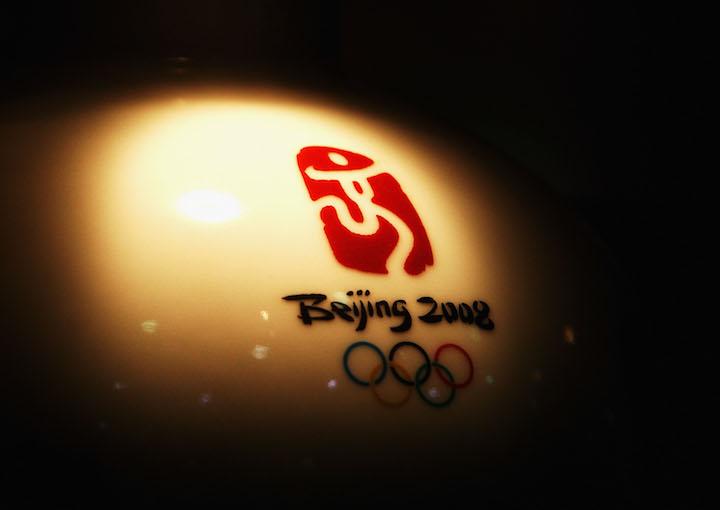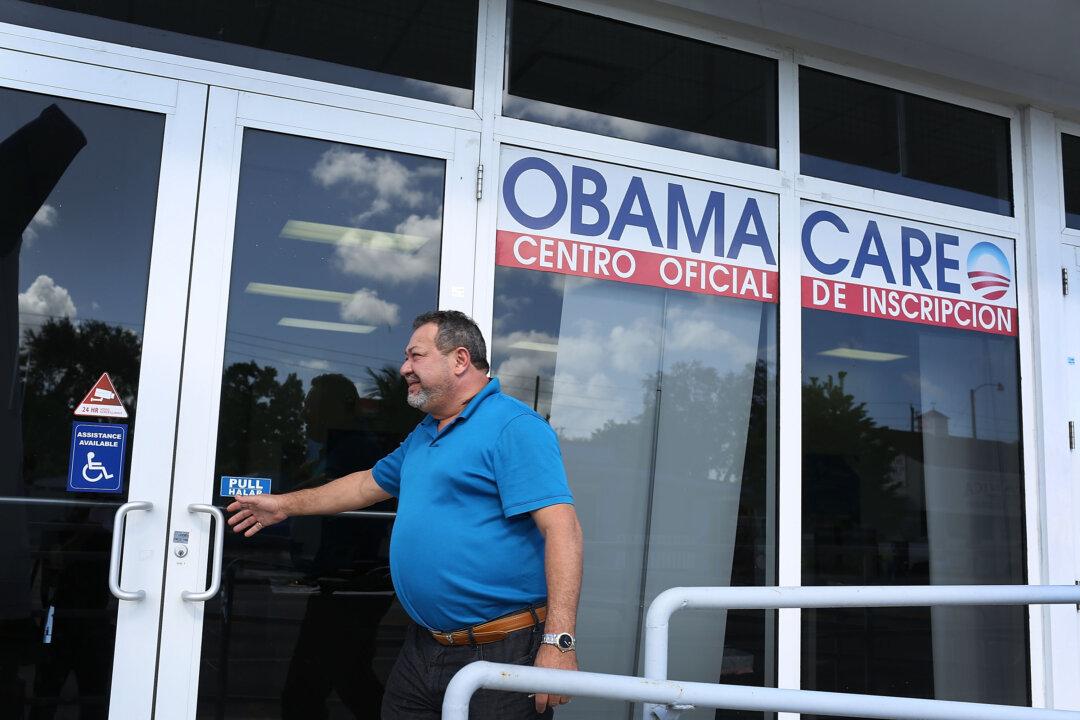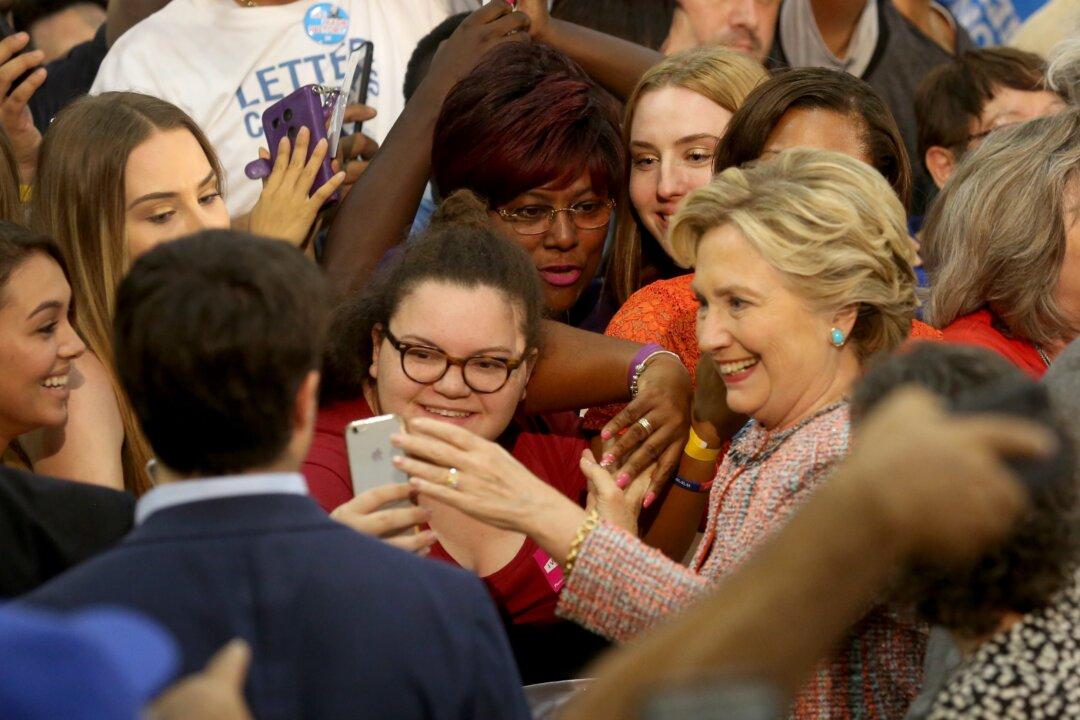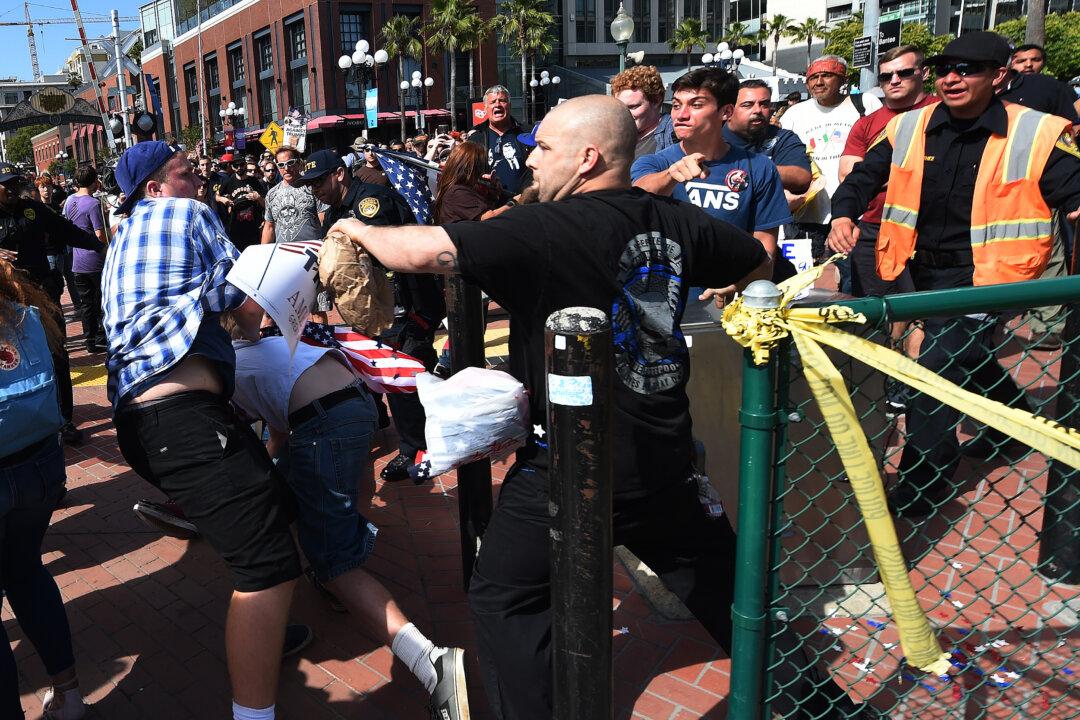The International Olympic Committee announced on May 17 that 31 athletes tested positive in retests of their doping samples from the 2008 Beijing Olympics.
The unidentified competitors ranged from six different sports and 12 countries.
The IOC said it retested 454 selected doping samples from the Beijing Games.
“All these measures are a powerful strike against the cheats we do not allow to win. They show once again that dopers have no place to hide,” said the IOC in a statement.
The samples, which were stored at the IOC lab in Lausanne, were being retested using enhanced methods on competitors who were expecting to participate at the Rio Olympics this summer. More retests are underway.
The committee says it has launched disciplinary proceedings against the athletes, but no athletes names have been released, nor the countries involved.
The IOC said “all those athletes infringing anti-doping rules will be banned from competing” in the upcoming Rio games.
Wider Olympic Doping Problem
The retests bring even more attention to the doping problem in the Olympics.
The latest positive samples come less than a week after the director of Russia’s anti-doping lab said dozens of Russian athletes used a cocktail of drugs to win medals at the 2014 Winter Olympics in Sochi, reported The New York Times on May 12.





